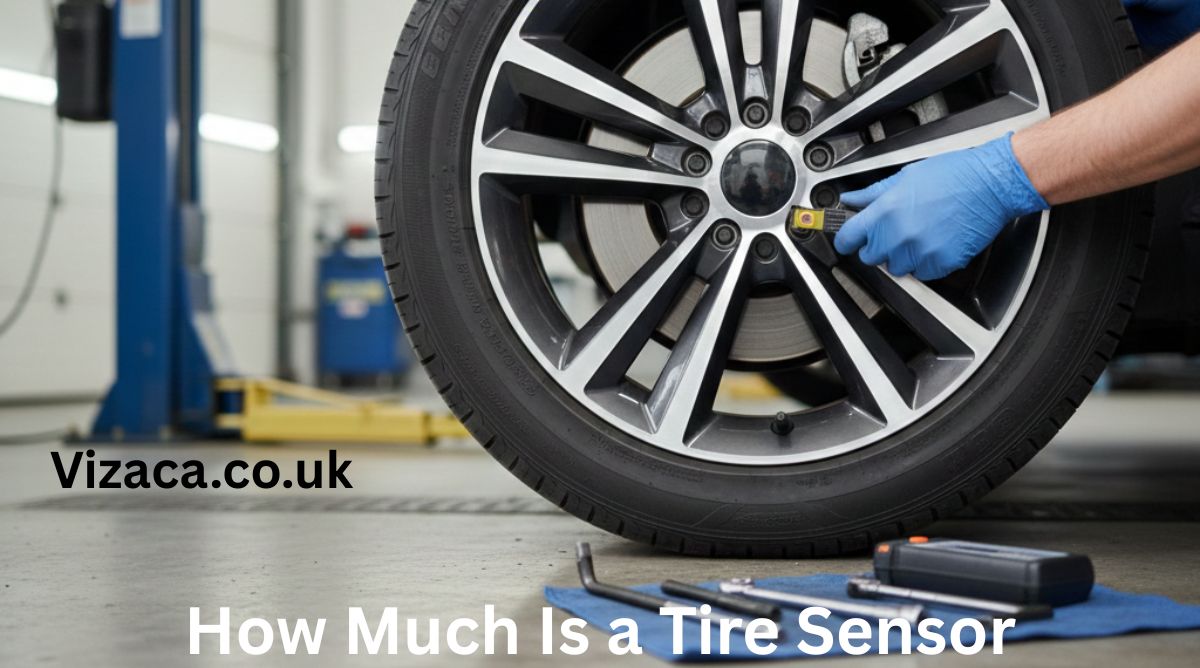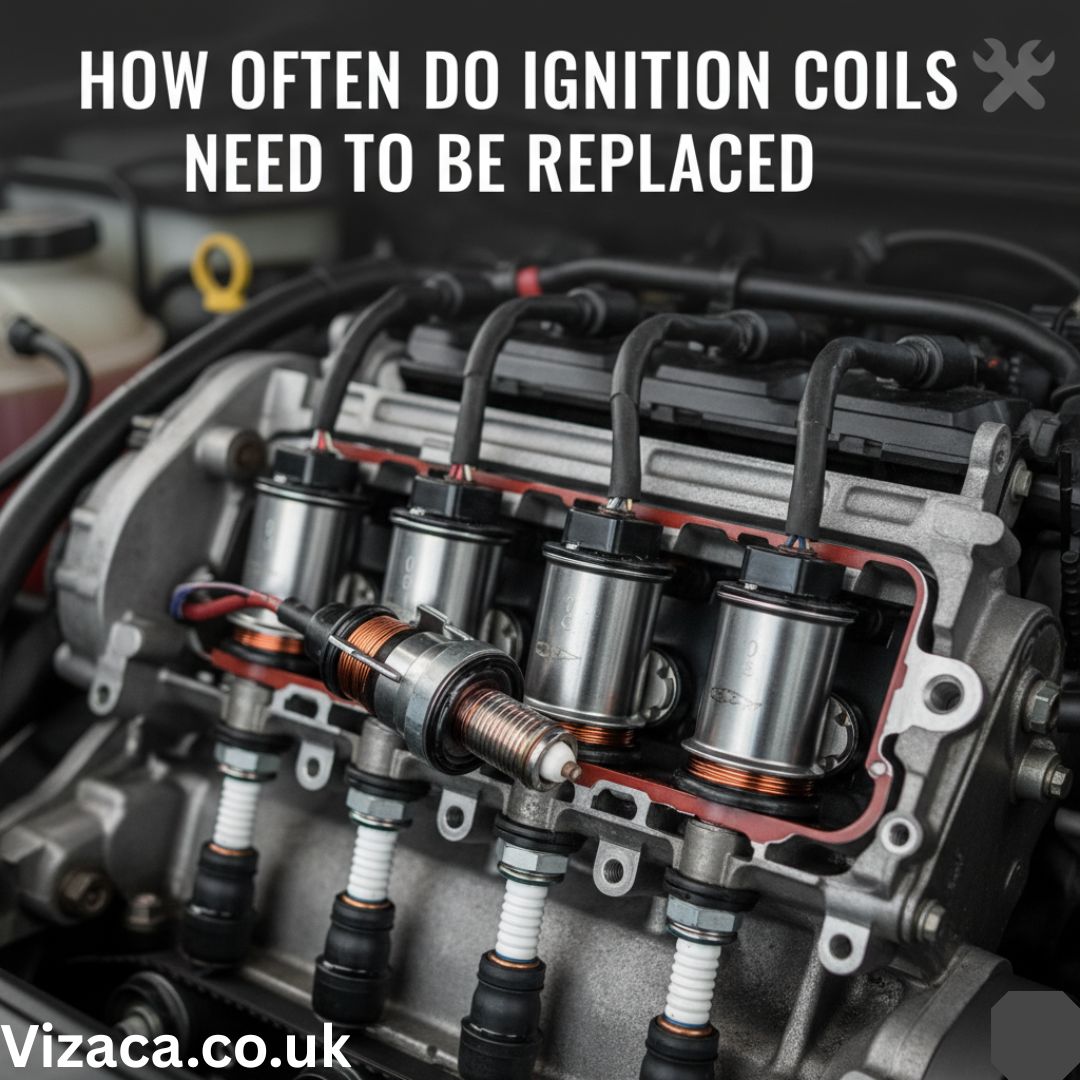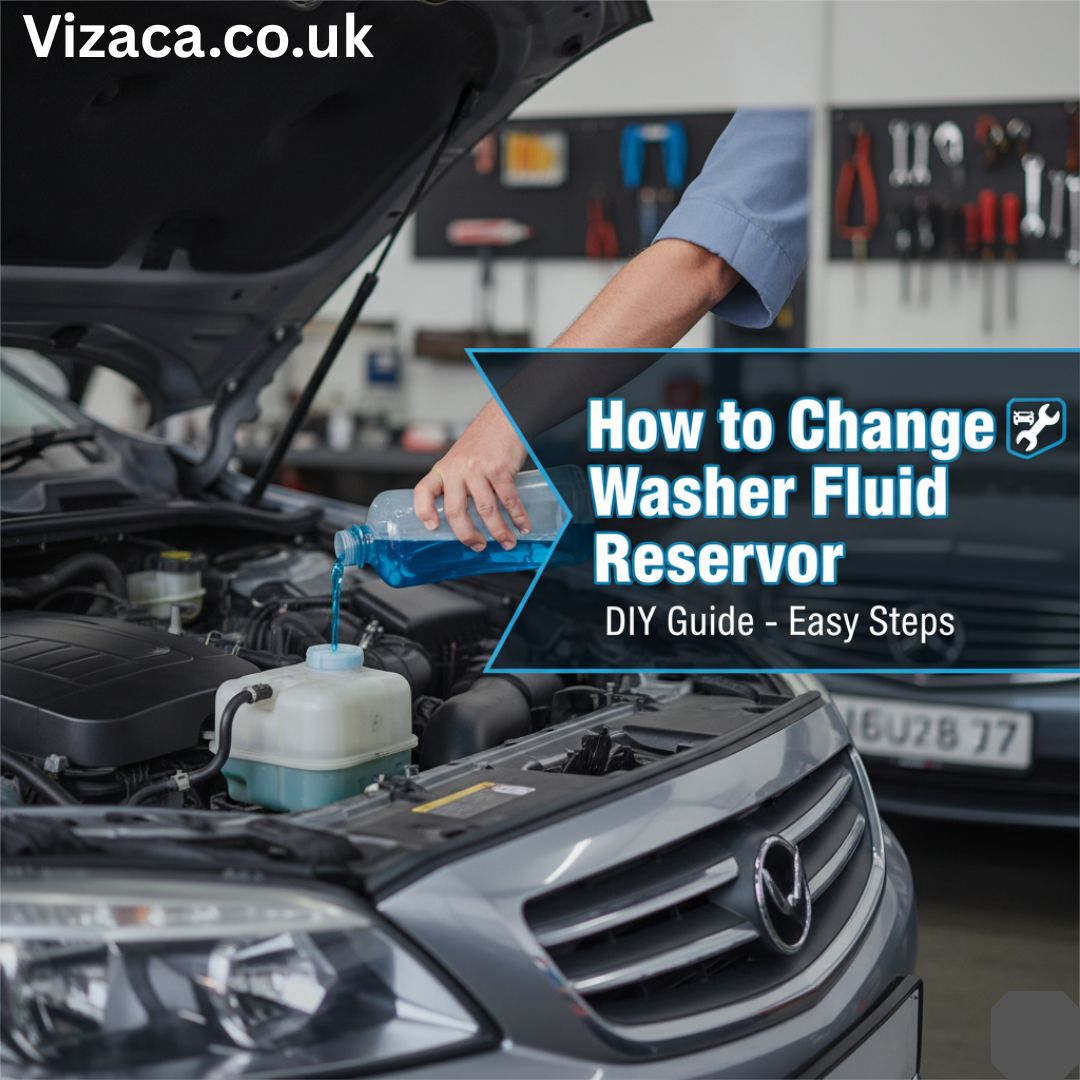Not necessarily. Corrosion alone doesn’t always mean you need a new battery.
It’s a common issue, especially around battery terminals, and can often be cleaned off to restore proper function. However, in some cases, corrosion can be a sign of deeper battery or charging system problems.
What Is Battery Corrosion?
Battery corrosion usually shows up as:
- White, bluish, or greenish powdery buildup on the battery terminals or cables
- Often caused by electrolyte leakage or chemical reaction between the terminals and the surrounding air
It typically forms over time, especially in older batteries or if the battery is overcharging or leaking acid.
When Corrosion Doesn’t Mean You Need a New Battery
✅ It’s Only on the Terminals
- Terminal corrosion is very common and can be cleaned with baking soda and water
- After cleaning, your battery may work just fine
✅ Battery Is Still Cranking Strong
- If your car starts easily and voltage tests show 12.4V or more (engine off), your battery is still healthy
- Clean the terminals, and you’re good to go
✅ The Battery Is Less Than 3 Years Old
- Corrosion can occur early, but if the battery holds a charge and performs well, no need to replace it yet
When Corrosion Might Mean You Need a New Battery
⚠️ Frequent or Rapid Buildup
- If corrosion comes back quickly after cleaning, it may signal a leaking battery or overcharging alternator
- Could mean the battery is venting gas or acid, which isn’t normal
⚠️ Battery Is More Than 4–5 Years Old
- Older batteries naturally break down over time and are more prone to internal leaks and acid seepage
⚠️ Engine Cranks Slowly or Electronics Flicker
- If corrosion is combined with starting problems, dim lights, or random electrical issues, it may mean:
- Weak battery
- Poor terminal connection
- Charging system failure
⚠️ Swollen Battery Case or Acid Smell
- These are signs of battery failure, and corrosion may be just one symptom
What You Should Do
- Clean the terminals:
- Mix baking soda and water
- Scrub with a brush
- Rinse and dry
- Apply dielectric grease or petroleum jelly to prevent future buildup
- Test the battery:
- Use a voltmeter or have it tested at an auto parts store for free
- Check the alternator output:
- If it’s overcharging (above 14.7V), it can cause excessive corrosion
Final Thoughts
Corrosion doesn’t always mean you need a new battery.
It’s often just a maintenance issue that can be cleaned and managed. However, if the corrosion is severe, keeps returning, or is paired with electrical problems or poor starting, it may be time to test or replace the battery—or even inspect the charging system.










